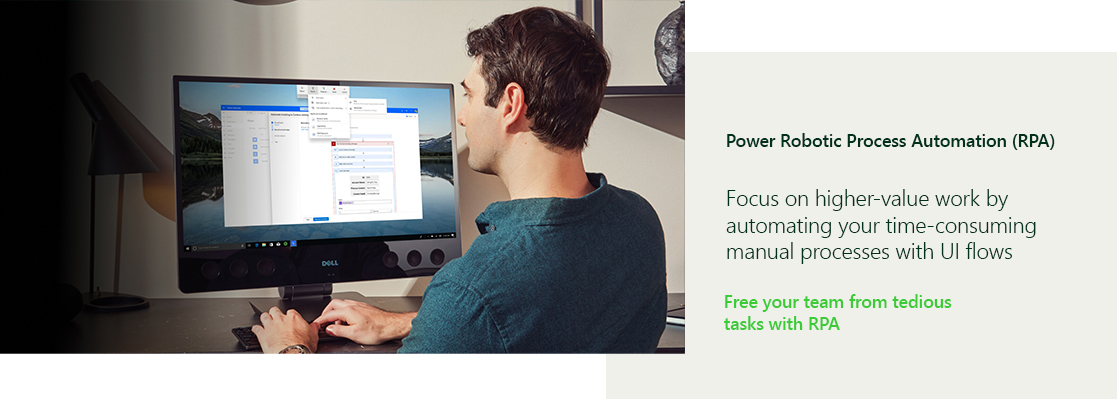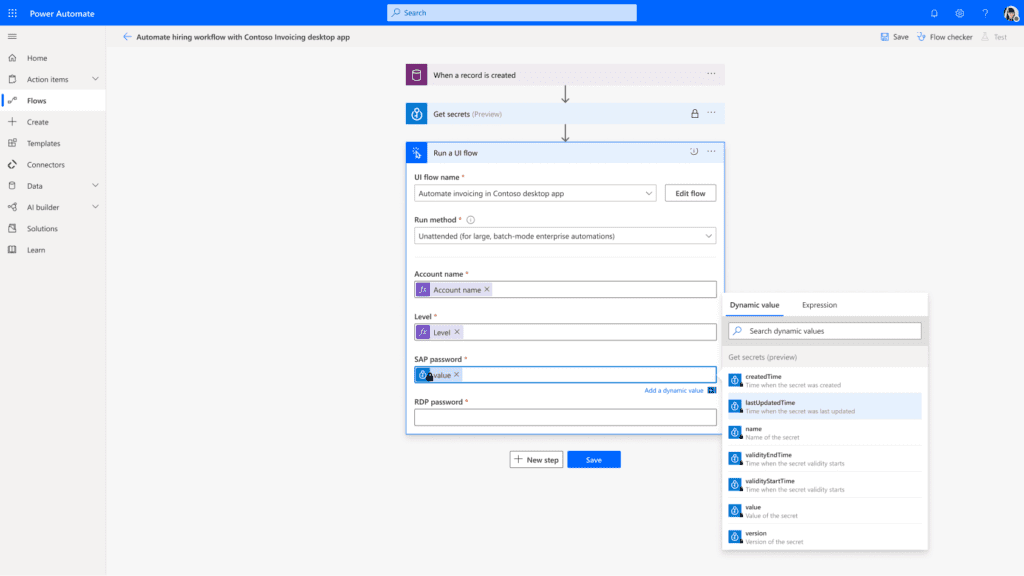
How Irish companies are using Power Robotic Process Automation (RPA)
Automated testing – RPA tools evolved from testing tools that mimic user interactions. While tests can be built into software, it is important to test from a user perspective. Such tests are time consuming when performed manually. However, they can be lightning fast when they are automated. Common test scenarios are automated with RPA tools and these tests are run after every version, ensuring that new bugs are not introduced to the code. Obviously, more creative manual tests are required based on the specific feature developed in each new version. However, automated testing with RPA tools can facilitate testing and improve software quality. Since these tests tend to be simple, no code RPA solutions are ideal in such scenarios.
|
Moving data between different systems: All customer communication involving new orders need to be processed and the resulting structured data needs to be inserted in the company’s ERP or order management system. RPA bots or scripts are used to automate this.
|
Data migration – Legacy systems still perform critical functions at companies. For example legacy billing systems need to interface with other systems which may not have the capability to pull relevant data from APIs. In such cases, employees manually migrate data using formats like CSV. RPA can automate such manual labour and prevent potential clerical errors.
|
Automating the sales operation process – this reduces the rate of manual errors, provides a faster service to your customers while reducing costs. Automation speeds up the processes so customers receive invoices earlier, leading to earlier payments and improved cash flow.
|
|---|



